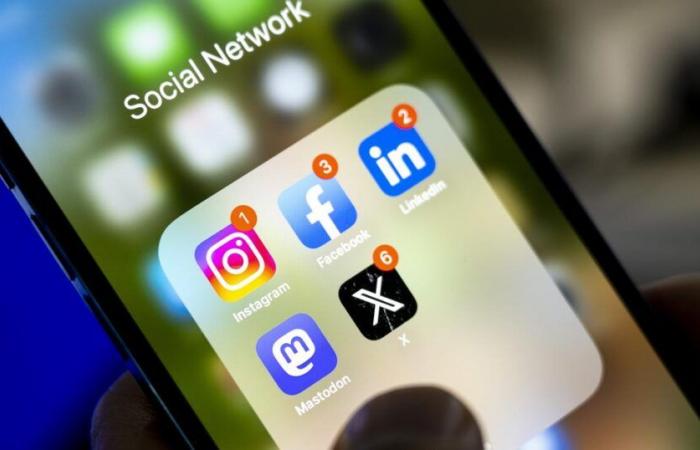The UN High Commissioner for Human Rights reacts on Friday, after Meta’s about-face on fact-checking. Volker Türk calls for “responsibility and governance in the digital space, while respecting human rights”.
“Allowing hate speech and harmful content online has concrete consequences. Regulating this content is not censorship” and the High Commission “calls for responsibility and governance in the digital space, in the respect for human rights,” said Vokler Türk on the social network
External content
This external content cannot be displayed because it may collect personal data. To view this content you must authorize the category Social networks.
Accept More info
The tech giant Meta, parent company of Facebook, announced Tuesday that it was ending its fact-checking program in the United States to replace it with a context note system, similar to that of the social network X.
>> Reread: Meta abandons its fact-checking program
Allowing hate online limits free speech and can cause harm in the real world.
-
Social networks “shape society and have immense potential to improve our lives and connect us” but “they have also demonstrated their capacity to fuel conflict, incite hatred and threaten security”, added Volker Türk on the professional social network LinkedIn.
And the lack of regulation “means that some people are silenced – particularly those whose voices are often marginalized”, he said.
>> Read also: At the high mass of technology in Las Vegas, AI is on everyone’s lips
The UN and social media
Asked about the UN presence on the X and Meta networks, a UN spokesperson in Geneva, Michele Zaccheo, indicated during a press briefing that the United Nations “constantly monitors and evaluates this space ” online.
“It is important for us to be present with information based on facts, and that is what we stand for,” he added. “We don’t know yet how this will evolve” but “at the moment we still think it’s important to be present on these platforms, to present evidence-based information,” he said. said.
Present at the press briefing, a spokesperson for the World Health Organization (WHO), Margaret Harris, added: “Our role is to provide good scientific information on health, and we must do it where the people are looking for them” and “we will therefore be present on all platforms, as much as possible”.
lia with ats and afp






